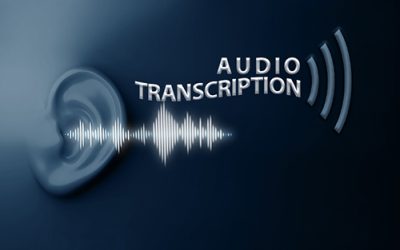When the 911 audio tapes related to the unfortunate Sandy Hook Elementary School massacre were released in the first week of December 2013, many family members of the victims expressed their concern over how it was going to affect them. The state’s Freedom of Information Commission had ruled to release the 911 audio tapes in favor of an appeal by the Associated Press (AP) in September 2013. However, in October 2013, the family members of a victim told a Connecticut Task Force on Victim Privacy and the Public’s Right to know that they don’t want the 911 tapes released. They said the Task Force panel should instead recommend a compromise to state lawmakers that a written transcription of the emergency calls is provided to the members of the media and the public that wish to know about the incident.
When the audio tapes were made public, a court underlined the fact that the recordings would display the “bravery and professionalism” of the first responders and other people though they bear the reminiscence of the horror and pain of that dreadful day. A family member of a victim opined that the public would know more about the incident once the audio tapes are released and stop making up stories. The AP would use the recordings for news gathering and for examining the police response to the massacre. They would also review the content and determine whether it meets the news cooperative’s standards for publication.
However, we can’t deny the fact that the recordings would cause extreme anguish to the families of both victims and survivors. While expressing their disagreement in releasing the tapes, some family members had told the Task Force that no one needs to hear the sounds of that incident. They not only highlighted the emotional impact the tapes would cause, but also remained concerned the sounds would stay forever on the Internet, and would present an opportunity for people to use them for various political agendas.
Here comes the importance of digital transcription which involves transcribing the material contained in the digital audio recordings (911 audio tapes) into written format. As the victims’ family members told the Task Force, 911 transcripts can pass on all the necessary information that the public want to know without having to hear the distressing sounds of the incident in the background. The 911 emergency call recordings can be transcribed non-verbatim instead of verbatim. Intelligent verbatim transcription is also less severe than verbatim.
To sum up, reliable digital transcription can ensure that the public’s right to know is sustained while the right to privacy of victims is protected.



